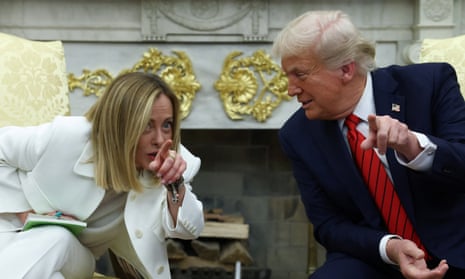A former Facebook executive has accused Meta of misleading the public, lawmakers, and even its own employees about its dealings with the Chinese Communist Party (CCP). Sarah Wynn-Williams, who served as Meta’s global public policy director, testified before the Senate Judiciary Committee on April 9, 2025, delivering a scathing critique of the tech giant’s alleged compromises on national security.
According to Wynn-Williams, Meta began collaborating with Chinese officials as early as 2015, providing technical briefings on its advanced artificial intelligence systems—including its Llama AI model. She claimed these briefings aimed to help China surpass U.S. tech firms, prioritizing business expansion over American security interests.
Wynn-Williams further alleged that Meta developed censorship tools in line with CCP guidelines and even deleted the accounts of Chinese dissidents at the request of Beijing. She also warned that internal concerns about potential Chinese access to Meta’s user data were routinely ignored by top executives.
“These weren’t isolated incidents,” she told senators. “They were part of a larger pattern of strategic deception meant to protect the company’s image and market interests.”
Meta has denied the allegations, stating that it does not operate in China and has not shared user data with the Chinese government. Company representatives labeled Wynn-Williams’ claims as outdated and misleading.
Nevertheless, her testimony has triggered alarm among U.S. lawmakers. Several senators called for an investigation into Meta’s global operations and questioned CEO Mark Zuckerberg’s commitment to transparency and freedom of speech. Some are now advocating for stricter oversight of tech companies with international influence, particularly those with exposure to authoritarian regimes.
The case has reignited broader debates about how American tech firms balance ethical responsibility with global expansion—and where the line should be drawn when engaging with foreign governments.









